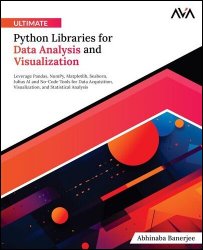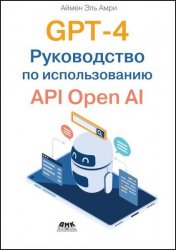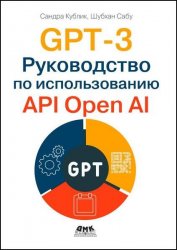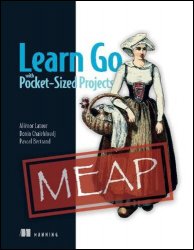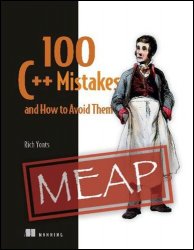 Название: 100 C++ Mistakes and How to Avoid Them (MEAP v2)
Название: 100 C++ Mistakes and How to Avoid Them (MEAP v2)Автор: Rich Yonts
Издательство: Manning Publications
Год: 2024
Страниц: 220
Язык: английский
Формат: pdf, azw3, epub, mobi
Размер: 10.1 MB
Learn how to handle errors, inefficiencies, and outdated paradigms by exploring the most common mistakes you’ll find in production C++ code. C++ is a complex and powerful language. With an estimated ten billion lines of C++ code running in production, it’s not hard to find bugs, inefficiencies, and other coding mistakes that slow and snarl even the most mission critical applications. 100 C++ Mistakes and How To Avoid Them reveals the problems you’ll inevitably encounter as you write new C++ code and diagnose legacy applications, along with practical techniques you need to resolve them. 100 C++ Mistakes and How To Avoid Them identifies the problems you’ll find in legacy C++ codebases as well as in your own new programs. Author Rich Yonts provides a concrete example of each mistake and a step-by-step walkthrough of the correct code. You’ll learn to consider each mistake from the standpoint of correctness, readability, effectiveness, and performance, and adopt modern programming techniques that can replace older, outdated approaches. The book focuses on newer developers who inherit existing C++ projects. Understanding why specific mistakes exist helps you know how to detect and avoid writing similar issues. The mistakes start with class design and end with a few modern C++ techniques. Learning these new features should encourage you to improve your inherited code and leave it in a much better state for the next developer. Both beginning and experienced C++ programmers will benefit from these practical tips and advice.
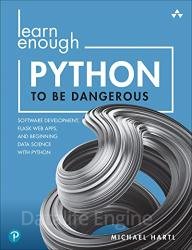
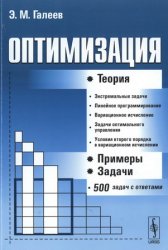
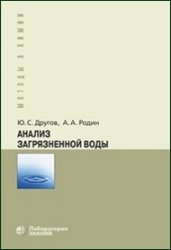

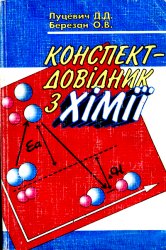


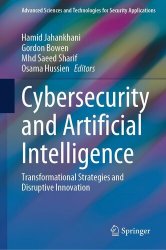

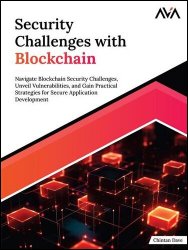
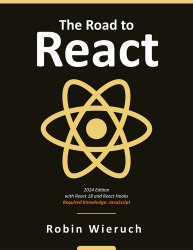
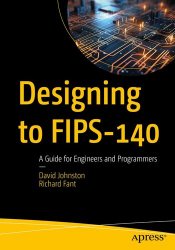
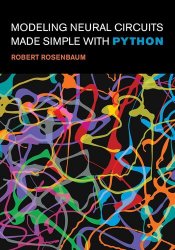


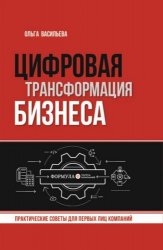
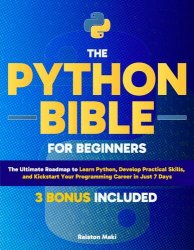
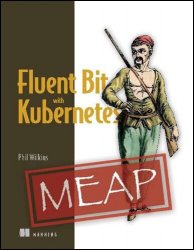
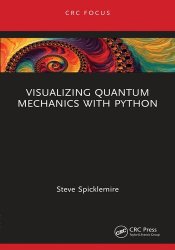
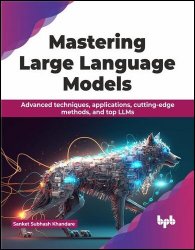
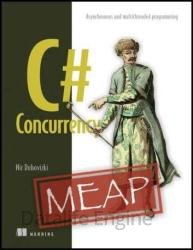 Название: C# Concurrency: Asynchronous and multithreaded programming (MEAP v10)
Название: C# Concurrency: Asynchronous and multithreaded programming (MEAP v10)